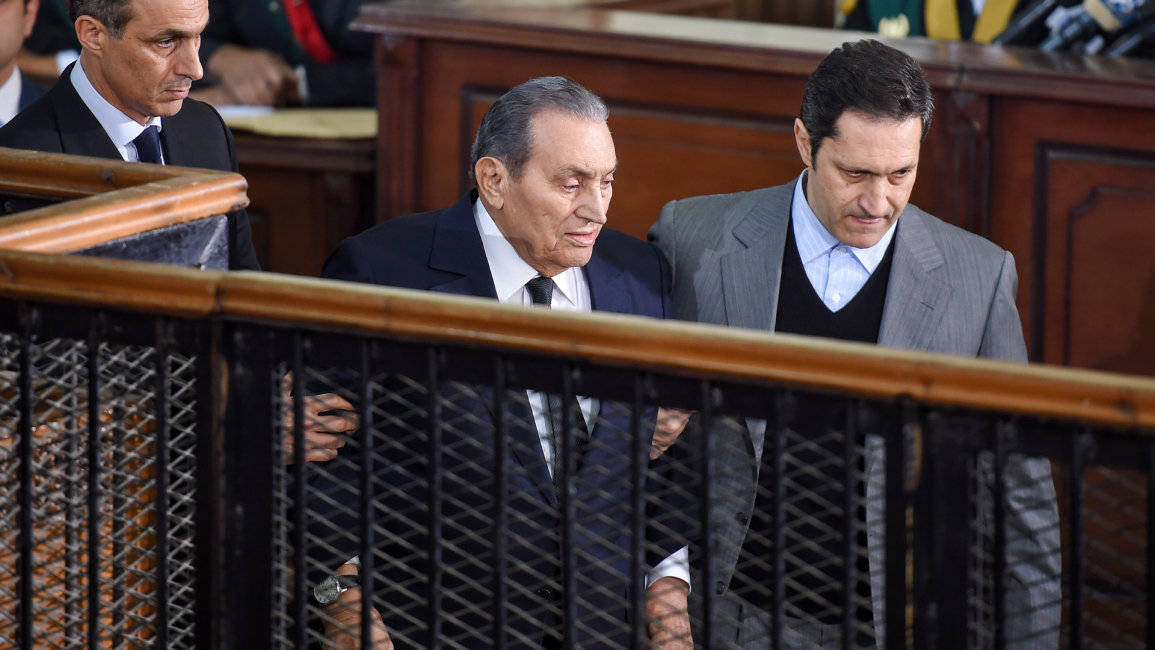EU scraps sanctions on family of former Egypt leader Hosni Mubarak
The measures, which saw the freezing of funds owned by the late Egyptian leader and his family, were annulled by EU’s Court of Justice.
The sanctions were initially imposed in 2011 over alleged embezzlement of state funds.
"The Council cannot conclude that a listing decision is taken on a sufficiently solid factual basis before having itself verified that the rights of the defence and the right to effective judicial protection were observed," the court said on Thursday.
The move came after a lower court's decision to dismiss the family’s pleas to overturn measures against the assets - which were valued at $300 million, according to The Times report.
Mubarak, an autocratic dictator, was for decades the face of stability in the Middle East.
Mubarak's rule of nearly 30 years ended after hundreds of thousands of young Egyptians rallied for 18 days of unprecedented street protests in Cairo's Tahrir Square and elsewhere in 2011, forcing him to step down.
He died at a Cairo hospital in February from heart and kidney complications, according to medical documents. He was admitted to hospital on 21 January with intestinal obstruction and underwent surgery, after which he was treated in intensive care.
Born in May 1928, Mubarak was vice president on 6 October 1981, when his mentor, President Anwar Sadat, was assassinated by Islamic extremists while reviewing a military parade.
Seated next to Sadat, Mubarak escaped with a minor hand injury as gunmen sprayed the reviewing stand with bullets. Eight days later, the brawny former air force commander was sworn in as president, promising "continuity and order".
Mubarak's rule was marked by a close alliance with the US in the fight against Islamist militancy and assisting regional peace efforts.
Read also: Hosni Mubarak is dead, but the pharaoh state he helped build lives on
Many older Egyptians, who had long considered him invincible, were stunned by the images of Mubarak on a gurney bed being taken to court for sessions of his trial in Cairo following his ouster.
Mubarak's overthrow led to a power vacuum, sparking a power struggle between the military and the Muslim Brotherhood group that he had long outlawed.
Some two and a half years after Mubarak's ouster, Sisi led the military overthrow of Egypt's first freely elected president, Morsi, and rolled back freedoms gained in the 2011 uprising.
In June 2012, Mubarak and his security chief were sentenced to life in prison for failing to prevent the killing of some 900 protesters during the 18-day uprising. Both appealed the verdict and a higher court later cleared them in 2014.
The following year, Mubarak and his sons were sentenced to three years in prison on corruption charges during a retrial. The sons were released in 2015 for time served, while Mubarak walked free in 2017.
Agencies contributed to this report.
Follow us on Twitter and Instagram to stay connected.



